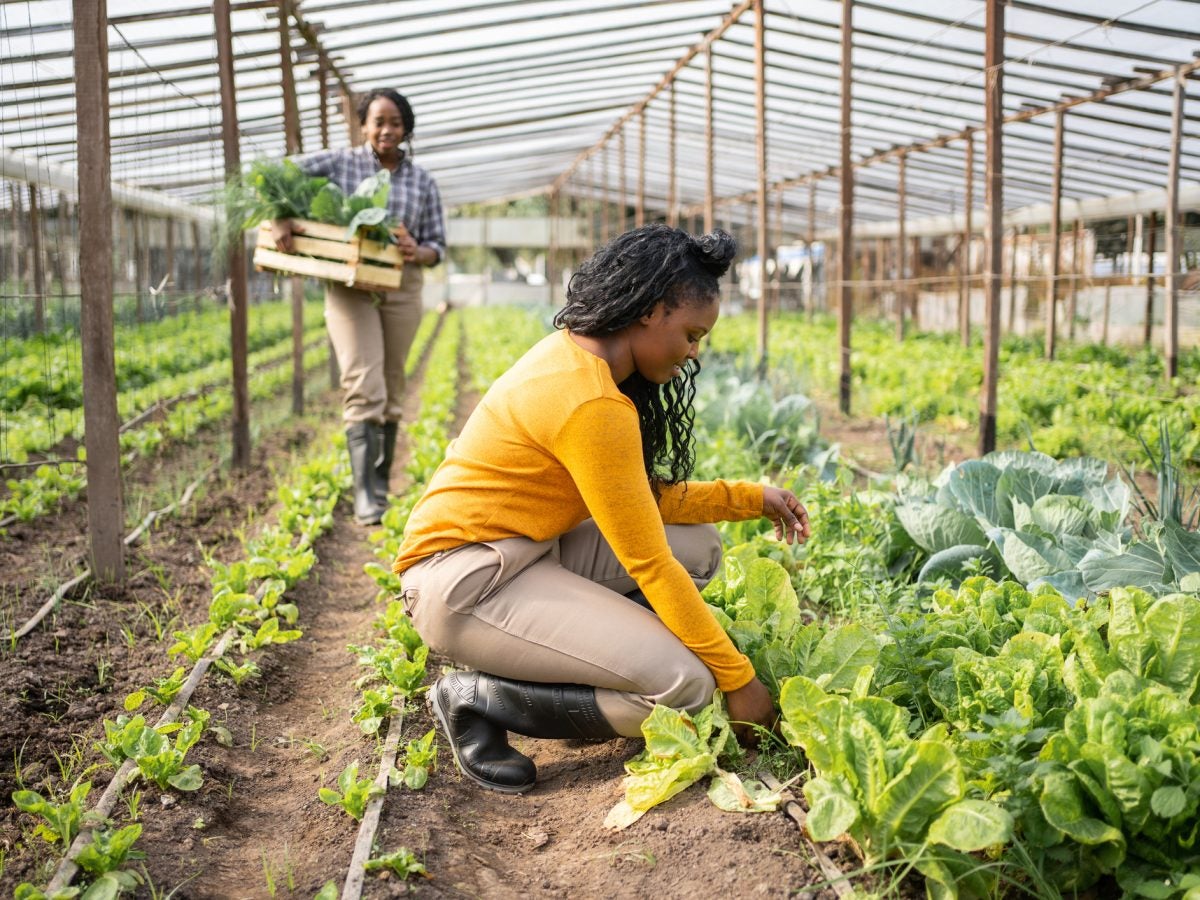
“The U.S. Agriculture Department has a rocky history with Black farmers. The agency has acknowledged shutting Black farmers out of funding that helped their white counterparts succeed,” NPR reports. In response, under the American Rescue Plan, lawmakers were able to approve approximately “$5 billion toward debt relief and cancellation for minority farmers.” In 2021, Black farmers throughout the country rejoiced after receiving notice that their debt would be forgiven via a congressional “effort to help USDA make up for a history of discrimination.”
But that jubilation would certainly be short-lived, and as the old adage goes, it appears that this was merely one step forward for Black farmers before two steps back, after Wisconsin federal Judge William Griesbach issued a temporary restraining order last year, which effectively blocked President Biden’s loan forgiveness program “after 12 white farmers sued claiming it discriminated against them.”
Many advocates now fear that money and funding will not reach all of those who were able to receive benefits from the first program and provide redress for Black farmers.
One of twelve lawsuits was actually led by former President Donald Trump’s adviser Stephen Miller out of Texas, who “argued the program was discriminating against white farmers for being white,” and Judge Griesbach echoed that sentiment in his ruling stating, “In trying to end one type of discrimination, the program ended up creating another.”
Subsequently, the program under the American Rescue Plan was repealed and a second one was passed under the Inflation Reduction Act, wherein the USA has appropriated “payments toward loans [that] don’t just go to racial and ethnic minorities. They also go to some white farmers under a new category: ‘economically distressed.’…mean[ing] farmers of any race who are behind on loan payments or on the brink of foreclosure.”
But, as esteemed law professor Patricia Williams posits, “[d]isucssions of race and class often conflate the two categories, leaving the race and class aspects of a problem inadequately addressed.”
Brandon Smith is a Texas cattle rancher who’s received payment as well as the Federation of Southern Cooperatives / Land Assistance Fund outreach coordinator, and said:
“You lose a lot of the trust when there was very little trust in the beginning… They [Black farmers] were promised something by the government and then put on hold for over a year and a half…They were told money was allocated to them during the pandemic. They were not able to use those funds. Now the Inflation Reduction Act was passed, they added more money to that pool but they aren’t doing debt forgiveness. They just had a couple of payments.”
“I think that program can’t truly be called a success for civil rights because you have to really intentionally address racial discrimination if you want to call it a success for civil rights,” stated Director of Land Retention and Advocacy at the Federation of Southern Cooperatives/Land Assistance Fund Dãnia Davy.